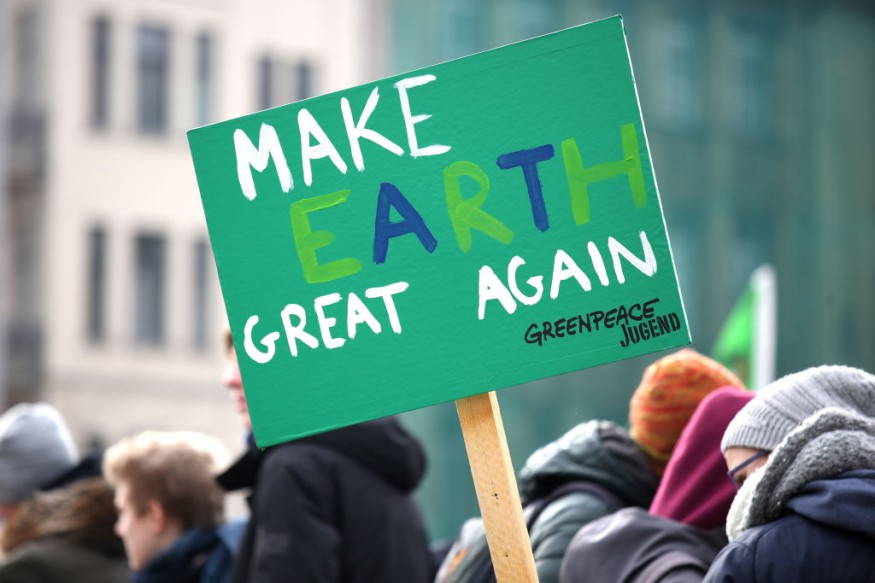Asad Rehman, a leading figure in the coalition of activists who went to the streets at last month's climate meeting in Glasgow, admits to being a "reluctant environmentalist."

Asad Rehman
Rehman, the charity War on Want director, says he started as a young working-class guy battling the National Front in his hometown of Burnley in the 1970s and 1980s. He first considered the environment movement as distant and utterly irrelevant to the problems he was defending.
Rehman stated he was influenced by global social justice groups, which understood the climate catastrophe differently from conventional environmental NGOs in the UK, Europe, and North America.
"They had a different perspective on climate change; they regarded it as an integral element of the larger anti-colonial struggle."
Rehman was at the vanguard of a worldwide network of indigenous activists, civil society campaigners, trade unionists, anti-racists, and youth climate strikers who put that perspective at the heart of the debate at the UN climate conference in Glasgow.
Related Article : Future Generations Will Experience More Climate Disasters than Their Ancestors Ever Will
Climate Justice

Climate justice, rather than straightforward environmentalism, was front and center for activists, delegates, and many politicians under the banner of the Cop26 coalition, with activists, delegates, and many politicians recognizing that the climate emergency could not be solved without addressing the underlying economic system that produces it.
"We've been developing the movement for years and years," Rehman remarked. "Making the point that this is a systemic problem, that it is about racialized capitalism, that you can't comprehend the climate issue without first knowing the arch from slavery to colonialism and imperialism to the climate crisis... Those arguments are now being shattered."
Various Movements
This climate justice movement has been around for more than a decade. In Bali, where that year's UN climate meeting was placed, Rehman recalls sitting beneath a tree with dozens of justice advocates from around the world, contemplating what to do next.
The activists had grown more disillusioned with a strategy that, in their opinion, had been controlled by powerful western governments, global companies, and mainstream non-governmental organizations.
Rehman claims that the Copenhagen climate summit was a watershed event for this fledgling movement two years later. Climate justice advocates advocate for a 1°C objective against wealthier countries pressing for a 2°C target.
Going Mainstream

The mainstream environmental movement and politicians have been ruffled by this overt politicization of the climate issue. Critics believe that by claiming that the climate situation can't be handled without addressing and rewiring the global economy, you're setting yourself up for failure, with disastrous results.
Despite the enormity of the undertaking, Rehman claims that the climate justice movement has never been stronger because of the rising realization of the issue' systemic basis and the developing linkages between activities in the global south and those in the north.
He believes that in the following months, the goal will be to make the climate catastrophe relevant to everyday people's lives - such as warm houses, free public transportation, and clean air - and develop unity.
"Winning on the climate will never be possible with environmentalists alone; we need to build social license for the change that is required, which means bringing in other movements - the labor movement, people working on economic justice and poverty, the energy of Black Lives Matter, and migrant rights organizations."
For more news update about Environmental Action, don't forget to follow Nature World News!
© 2025 NatureWorldNews.com All rights reserved. Do not reproduce without permission.





